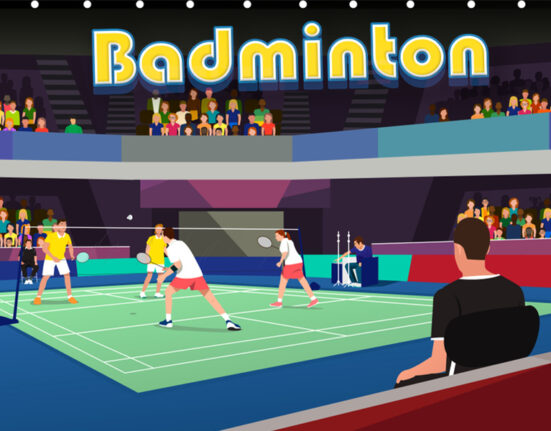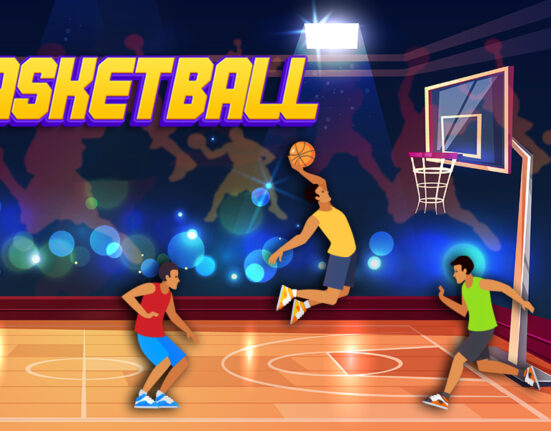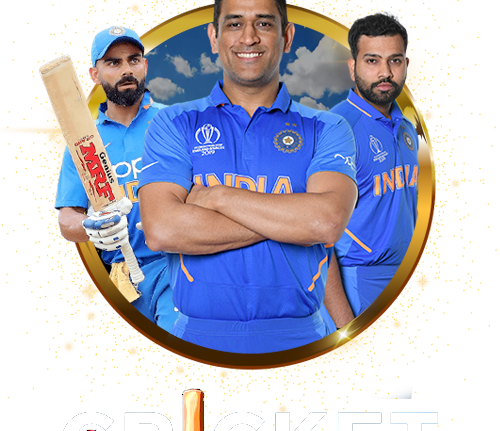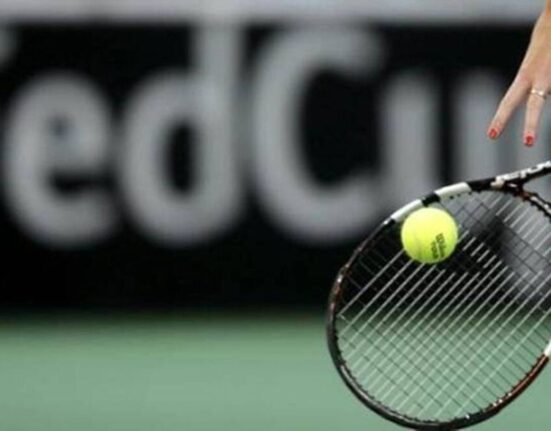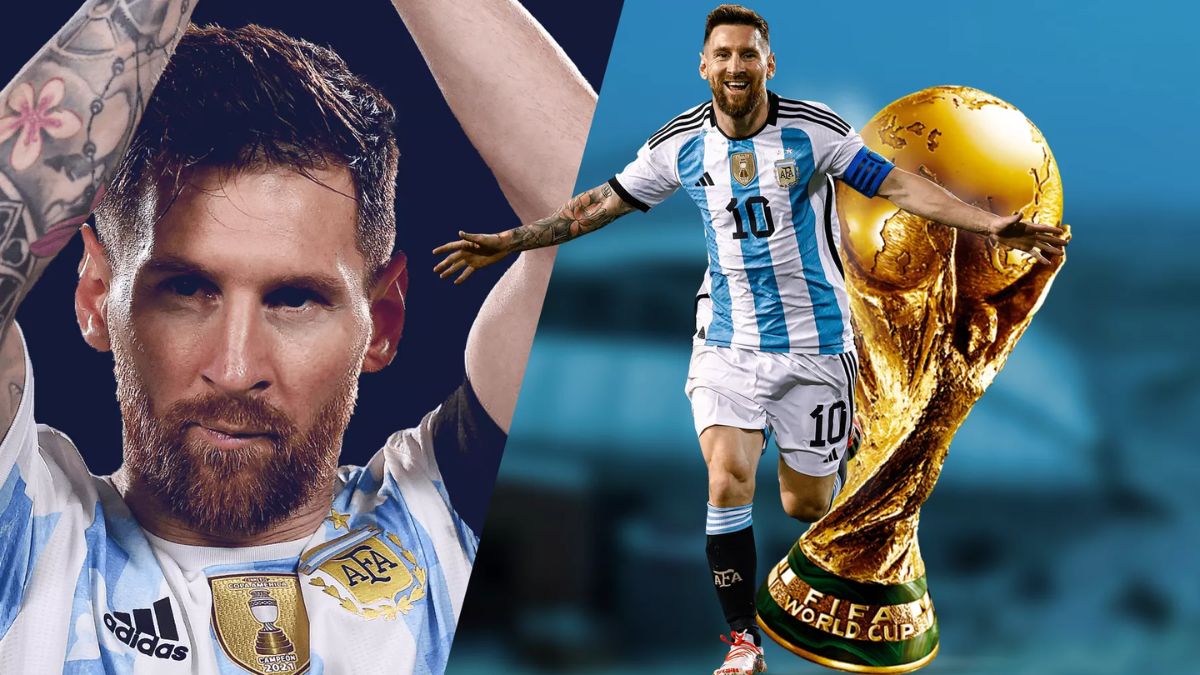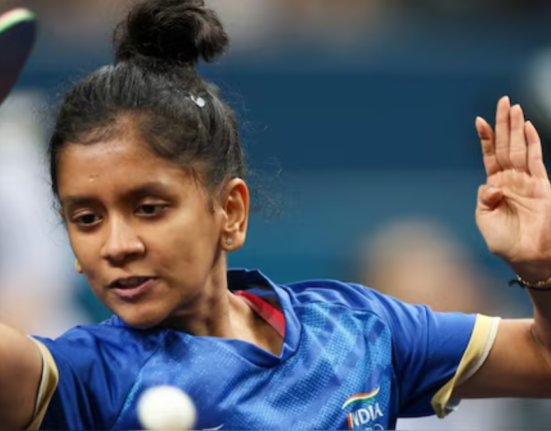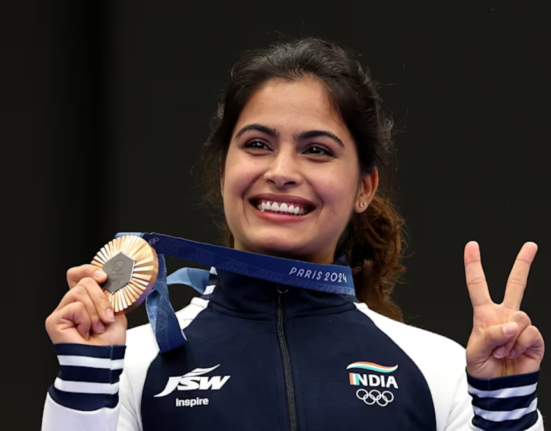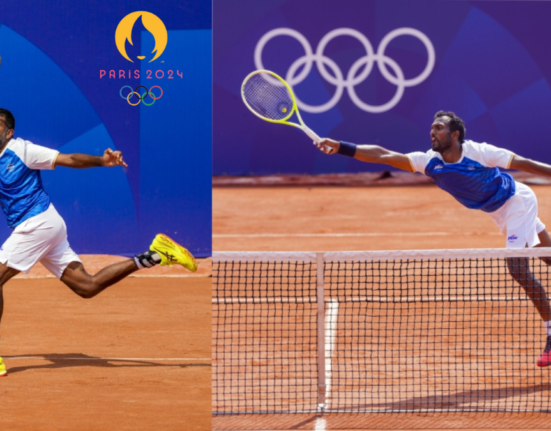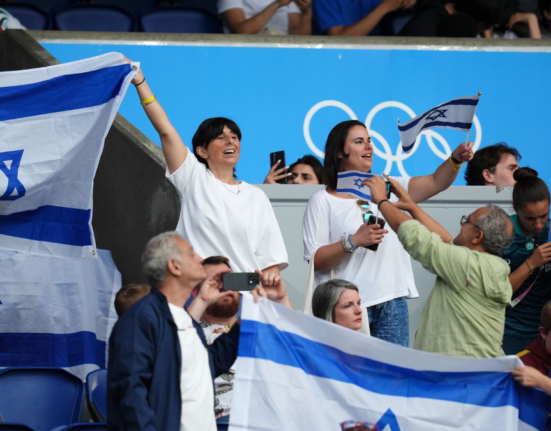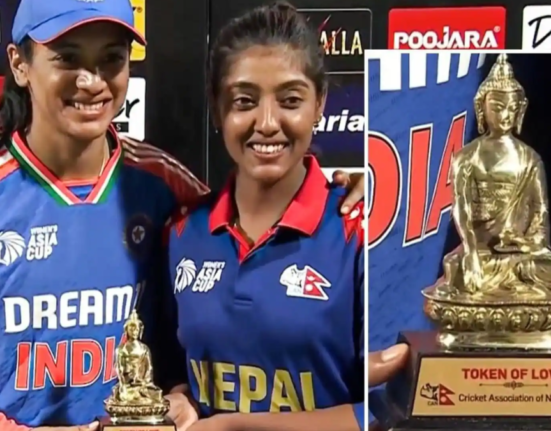Argentina captain Lionel Messi announced Tuesday he has no plans to play at the 2026 World Cup.
Lionel Messi rules out the 2026 World Cup. Messi, 35, led Argentina to glory last year in Qatar in his fifth World Cup appearance.
Although Messi repeatedly said throughout the tournament that it was his last, Argentina coach Lionel Scaloni, his teammates, and fans remained hopeful the seven-time Ballon d’Or winner could feature at the 2026 World Cup in the United States, Mexico, and Canada.
(Read More : BCCI Wasn’t Prepared for Virat Kohli Leaving Test Captaincy: Sourav Ganguly Doesn’t Know Why the Batting Superstar Quit )
In a report by EFE News Agency, Messi told Chinese sports outlet Titan Sports about the 2026 World Cup: “I think not. [Qatar] was my last World Cup. I’ll see how things go, but as it is right now, no, I won’t make it to the next World Cup.”
Messi is on international duty with Argentina in China for their upcoming friendlies against Australia on Thursday and Indonesia four days later.
The former Barcelona superstar announced last week his decision to join Major League Soccer side Inter Miami CF. This is once his contract with Paris Saint-Germain expires on June 30.
This time, for the moment at least, it all revolves around Lionel Messi. Will he, won’t he? He will play against Australia in China on Thursday. But then he takes off on holiday and will not feature next Tuesday against Indonesia. The real question, of course, is whether he will be in action in the next World Cup, during which he will turn 39.
Speaking to Chinese outlet Titan Sports on Tuesday when asked about playing at the 2026 World Cup, Messi said: “I think not. [Qatar] was my last World Cup. I’ll see how things turn out, but as it is right now, no, I won’t go to the next World Cup.”
But this is not a normal player, and normal rules do not apply. Messi’s skillset is so vast that even with inevitable physical decline he can still be useful. This issue will not go away. It will be alive right up to the moment when coach Lionel Scaloni — or whoever is in charge of the national team at the time — names his squad in May of 2026.
Scaloni has said that Messi has a place in the squad if he wants it, and he has offered the same guarantee to Angel Di Maria. A genuine superstar without the ego to match, Di Maria has come up big for Argentina when it matters time and time again. This is perhaps more than in the World Cup final, when he ran the French defenders ragged. Six months younger than Messi, Di Maria will be 38 for the next World Cup. But it is probably more difficult to imagine him still on international duty in 2026. The loss of acceleration speed will surely remove his potency.
And if Messi, anyway, is irreplaceable, Scaloni can at least look around and see wingers with the potential to tip the balance in three years time. One of them is Alejandro Garnacho. Scaloni has said that he is looking forward to seeing the Manchester United wide man in action over the next few days. Putting down a marker for the future, Scaloni has included Garnacho in previous squads. But now that the serious business of the World Cup — and its celebrations in March — is over, this will be his first opportunity to show what he can do.
Part of the haste to include him comes from the fact that Garnacho can also represent Spain, as he did at youth level. But his mother is from Argentina, and Garnacho says he has always felt affinity with her country. Now that he has shown signs of immense promise with United, his change of footballing nationalities is a touchy subject in the Spanish press. They have mocked the Argentinian player’s attempt this week to switch his Madrid accent for a more operatic, Italianate version of the language spoken in Argentina. There will be more Garnacho. After the country’s economic crash of 2001 many left in search of a better life elsewhere. The sons of this generation of the diaspora are on the radar of the Argentina side.
Messi starred at the tournament in Qatar to end his wait for the only major honour in his career.
Messi netted seven times in seven games and became the first player to score in each round of the same World Cup. This is since the 16 was introduced in 1986.
He scored twice in the final against France, which ended in a dramatic penalty shootout, to lead Argentina to its third World Cup title.
He also became the first player to win the Golden Ball award twice since it was introduced in 1982 (he won his first in 2014).

